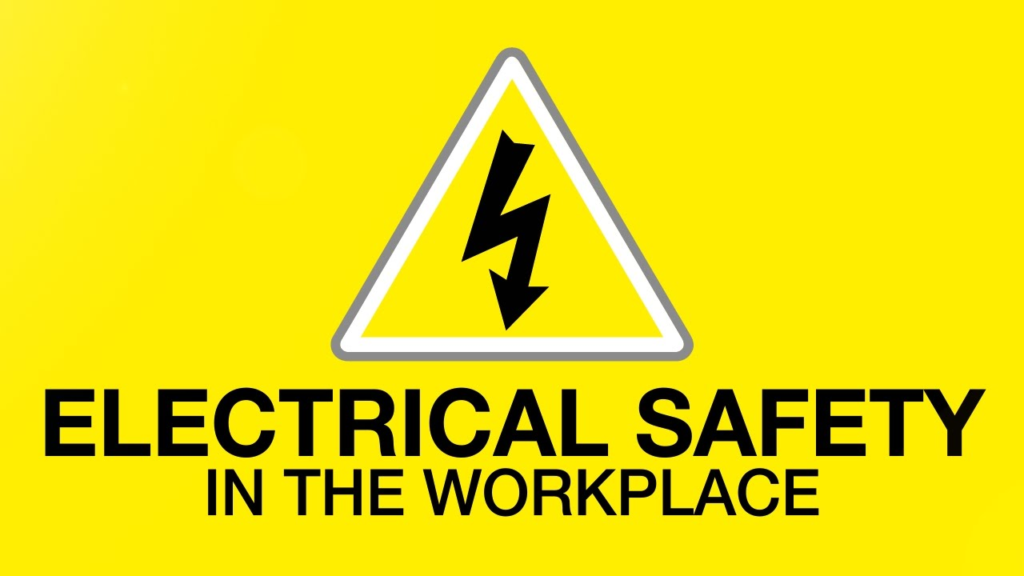Table of Contents

Importance of Electrical Safety in Homes and Workplaces
Electrical safety is critical to ensuring individuals’ well-being and property protection in residential and commercial settings. Faulty or neglected electrical systems can lead to severe consequences, including electric shocks, fires, and even fatalities. Therefore, regular maintenance and inspection of electrical installations and appliances are essential to mitigate these risks.
At Budget PAT Testing, we specialise in providing comprehensive PAT Testing and EICR services across London. We help ensure your electrical systems are safe, compliant, and efficient.
Overview of Key Regulations: PAT Testing and EICR
In the UK, two primary regulations govern electrical safety: Portable Appliance Testing (PAT) and Electrical Installation Condition Reports (EICR). Both play distinct yet complementary roles in maintaining a safe electrical environment.
What is PAT Testing?
PAT Testing (Portable Appliance Testing) is a vital process to ensure that electrical appliances are safe. It involves a series of examinations and tests carried out on portable electrical devices to detect any potential safety issues. The key steps in the PAT Testing process include:
- Visual Inspection: This initial step involves thoroughly checking the appliance, its plug, and the cable. Inspectors look for visible signs of damage, such as cracks, frayed wires, or burn marks. They also check for loose parts or screws and ensure that the appliance has no modifications that could affect its safety.
- Earth Continuity Testing is crucial for Class I appliances that require an earth connection. It checks that the earth wire is properly connected and capable of safely carrying fault current to the ground, thereby preventing electric shock.
- Insulation Resistance Testing: This test measures the resistance of the appliance’s insulation. High resistance indicates good insulation, which helps prevent electric current from leaking from live parts to exposed metal parts. This test ensures that the insulation is intact and effective.
- Functional Checks: This final step involves powering up the appliance to confirm that it operates correctly. It ensures that all components function as intended and have no operational issues.
Regular PAT Testing is crucial for identifying potential hazards before they lead to accidents or injuries. It is essential in workplaces where numerous portable appliances are used daily, such as offices, construction sites, and rental properties. Employers can protect their staff and comply with health and safety regulations by ensuring that all portable equipment is safe.
What is an EICR?
An EICR (Electrical Installation Condition Report) is a detailed assessment of the condition of an existing electrical installation within a building. The primary aim is to identify any deficiencies or issues that may pose a safety risk, ensuring compliance with national safety standards. The EICR process involves several key steps:
- Inspection: This step entails a thorough examination of all electrical installations, including wiring, circuits, sockets, switches, and other electrical components. Inspectors look for signs of wear and tear, damage, or deterioration. They also check for compliance with current regulations and standards, such as correct earthing and bonding.
- Testing: Various tests are conducted to assess the safety and functionality of the electrical installation. These tests include checking the integrity of the insulation, verifying circuit continuity, and ensuring that protective devices like circuit breakers and RCDs (Residual Current Devices) are functioning correctly. These tests help identify any hidden faults or potential issues that may not be visible during the inspection.
- Reporting: A comprehensive report is generated after completing the inspection and testing. This report highlights any issues or deficiencies found during the assessment. It includes a classification code for each issue, indicating its severity and urgency. For example:
- Code C1: Danger present – immediate action required.
- Code C2: Potentially dangerous – urgent remedial action required.
- Code C3: Improvement recommended.
The report also recommends remedial actions to address the identified issues and ensure compliance with safety standards.
An EICR is essential for ensuring that fixed installations are safe and compliant with current regulations. It helps property owners and managers maintain the safety of their electrical systems, preventing potential hazards such as electric shocks or fires. EICRs are recommended for all properties, including residential homes, commercial buildings, and industrial facilities. Regular EICRs can provide peace of mind by ensuring that electrical installations remain in good condition and meet all necessary safety requirements.
Why Choose Budget PAT Testing for PAT Testing and EICR in London?
At Budget PAT Testing, we understand the unique electrical safety needs of homes and businesses in London. Our team of certified professionals is dedicated to providing top-quality PAT Testing and EICR services to help you maintain a safe and compliant environment.
Benefits of Our Services:
- Expertise: Our qualified engineers have extensive experience conducting thorough inspections and testing.
- Compliance: We ensure that your electrical systems meet all legal and safety requirements.
- Convenience: We offer flexible scheduling to minimise disruption to your daily operations.
- Peace of Mind: Regular testing and inspections give you confidence that your electrical systems are in good condition.
Our Commitment to Safety:
Safety is our top priority at Budget PAT Testing. We use state-of-the-art equipment and follow best practices to deliver reliable and accurate testing results. By choosing us for your PAT Testing and EICR needs in London, you can rest assured that your property is safe.
Electrical Safety: Guide for Landlords (opens an external link)
Contact Us
Ensure the safety of your electrical systems today with Budget PAT Testing’s expert services. For more information or to schedule an appointment, contact us at admin@budegtpattesting.co.uk

0 Comments